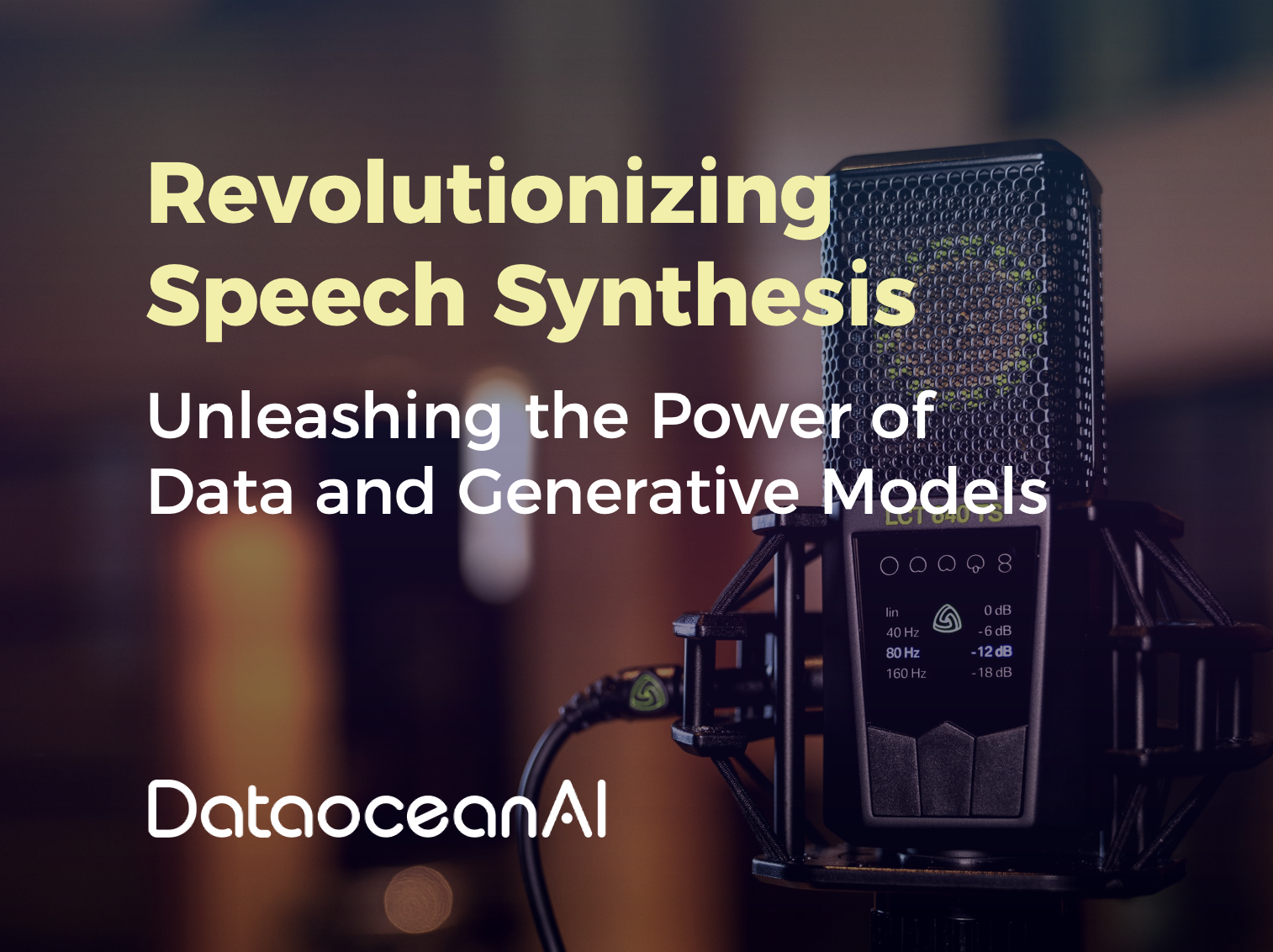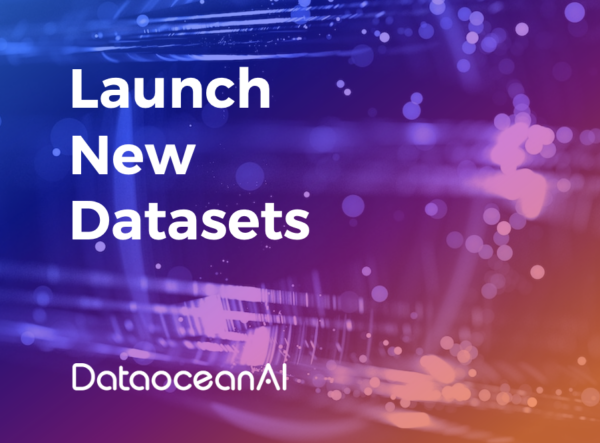In the ever-evolving landscape of artificial intelligence, large language models (LLMs) have captured the limelight in natural language processing (NLP). The rise of chatGPT and similar models has reshaped how we interact with text, revolutionizing everything from content creation to customer service. Yet, amidst this wave of innovation, the realm of speech synthesis has yet to witness a fully-fledged product driven by big data training and generative models. This discrepancy paves the way for pioneering initiatives that bridge the gap between LLMs and speech synthesis.
Challenges in Large-scale Speech Synthesis Model
In the context of ever-evolving artificial intelligence, large language models (LLMs) have taken center stage within the realm of natural language processing (NLP). The emergence of models like chatGPT has brought about a transformation in how we engage with text, fundamentally changing aspects ranging from content generation to customer support. However, even as this wave of innovation sweeps through, the domain of speech synthesis has yet to witness the emergence of a fully realized product driven by extensive data training and generative models.
The reason speech synthesis has not yet seen a highly successful and established large-scale model lies in the fundamental nature of LLMs used for speech synthesis, which primarily involve generative tasks. Let’s delve into the challenges faced by large models in the field of speech synthesis:
High-Quality Data: Generating natural and high-quality speech requires massive amounts of diverse and representative data. Acquiring such data is challenging due to issues like recording conditions, accents, and emotions, which significantly affect the authenticity of the generated speech. Ensuring that the model is exposed to a wide range of vocal expressions and linguistic nuances is crucial for producing convincing and human-like speech.
Data Coverage: Unlike text-based LLMs that can be trained on a wide variety of internet text, speech synthesis models require specialized audio data. Collecting data that covers multiple languages, accents, dialects, and speech styles is a complex endeavor. This scarcity of comprehensive data hinders the development of large-scale models that can cater to a diverse audience.
Computational Demands: Training large generative models, especially for speech synthesis, demands massive computational resources. The intricate nature of speech data, involving audio signals with temporal dependencies, requires specialized architectures and significant processing power. The technical challenges of efficiently processing and generating audio further complicate the training process.
Fine-Tuning Challenges: Fine-tuning generative models for speech synthesis is intricate due to the continuous nature of speech data. Achieving the right balance between authenticity and coherence while avoiding overfitting is a delicate task. Effective fine-tuning techniques need to be developed to ensure the model can adapt to different speaking styles and contexts.
Emotional needs: Different from chatGPT text generation and output in the field of natural language processing, the large-scale model of speech requires more emotional synthesis. Since human beings are very sensitive to hearing and have high emotional needs, training speech requires corresponding emotional scenes, such as film and television dubbing and drama dubbing. But such data is very scarce, so the introduction of such synthetic speech data is urgently needed.
Lack of Benchmarking: Unlike NLP, where benchmarks and evaluation metrics are well-established, speech synthesis lacks standardized benchmarks for evaluating the performance of large-scale models. This makes it difficult to objectively measure progress and compare different models.
Ethical and Bias Considerations: Similar to text-based models, speech synthesis models can inadvertently produce biased or offensive content. Addressing ethical concerns and biases in generated speech is critical, and developing mechanisms to control the output’s content and tone poses an additional challenge.
Therefore, while large language models have revolutionized the text-based NLP domain, the challenges posed by the unique characteristics of speech data and synthesis have hindered the emergence of equally successful and established models in the field of speech synthesis.
Overcoming these challenges requires innovative approaches to data collection, preprocessing, architecture design, and fine-tuning, ultimately paving the way for the realization of large-scale speech synthesis models that can cater to diverse linguistic and cultural contexts. Among them, emotional, high-quality, large-scale, and wide-coverage TTS data is the cornerstone of building large-scale speech synthesis models.
Data Empowers Large-scale Speech Synthesis
Common English datasets have become quite ubiquitous. To address the challenges of extensive data coverage, emotional, high quality, and large-scale demands, and to drive forward the development of large-scale TTS models, DataOcean AI has launched two uncommon languages TTS datasets:
King-TTS-164: Thai Female Speech Synthesis Corpus (Gentle and Strong Film Dubbing). This product records and annotates 6007 sentences, with an audio duration of approximately 6.09 hours. The textual content is categorized by emotion, such as happy, angry, sad, etc. The entire database includes recordings, proofreading, and related files. This data set contains a large number of emotional dubbing, which is very suitable for training large-scale TTS synthesis models with anthropomorphic emotions.
King-TTS-090: Japanese Multilingual Speech Synthesis Corpus. A total of 26 voice actors recorded and annotated 8989 sentences for this product, and the audio duration is about 7.36 hours. Text types include news, history, dialogue, and more. The entire database includes recordings, proofreading, phonetic symbols, prosody annotations, tone annotations, and related documents. Since the data is not only annotated with text and audio recordings, but also with various prosody and tonal annotations, it is well-suited to fill in the data gap for emotional speech synthesis. At the same time, the above two types of data sets are scarce corpora belonging to small languages, which can more comprehensively cover the application scenarios of the data.
Each dataset has been meticulously curated, encompassing various language styles, accents, and contexts. By providing comprehensive datasets in diverse languages and styles, DataOcean AI aims to support the development of large-scale speech synthesis models that effectively cater to a range of communication needs. These datasets underscore DataOcean AI’s dedication to advancing the field of speech synthesis.
With DataOcean AI’s TTS datasets, researchers and developers in the field of speech synthesis can now access a wealth of high-quality data that enables them to refine and train generative models effectively. These datasets provide the foundation for creating robust and versatile speech synthesis systems that can mimic natural conversational styles, capture emotional nuances, and adapt to different cultural contexts.
Moreover, DataOcean AI’s commitment to quality ensures that these datasets are not only expansive but also consistent and reliable. The meticulously curated content empowers researchers to explore the potential of big data-driven speech synthesis and tackle the challenges that have hindered the progress of this field.
By making these datasets available, DataOcean AI is not only bridging the gap between the challenges and opportunities in speech synthesis but also catalyzing the development of advanced speech generation models. As the world moves towards more interactive and immersive AI-powered experiences, these datasets provide the essential building blocks for creating cutting-edge speech synthesis systems that can revolutionize industries ranging from entertainment and media to education and customer service.
In essence, DataOcean AI’s TTS datasets open up new horizons for speech synthesis, laying the foundation for the emergence of Large-scale models that can reshape how we communicate and interact with technology. With the tools and resources provided by DataOcean AI, the journey towards achieving high-quality, data-driven speech synthesis is now within reach, bringing us closer to a future where human-like synthetic voices are seamlessly integrated into our daily lives.
Specific Examples of Datasets
Specific examples of data sets promoted by DataOcean AI are as follows:
King-TTS-090 Japanese Multi-speaker Speech Synthesis Corpus >>>Learn More
This dataset was recorded by 26 speakers with authentic pronunciation and diverse vocal qualities (9 males and 17 females) in a professional recording studio. The recorded texts cover all phonemes, and the annotators have a professional linguistic background, ensuring the data meets the research and development needs for voice synthesis.
King-TTS-164 Thai Female Speech Synthesis Corpus (Gentle and Strong Film Dubbing) >>>Learn More
This dataset was recorded by a 30-year-old female speaker with authentic pronunciation and a gentle, resilient vocal quality in a professional recording studio. The recorded texts span the full range of phonemes, and the annotators have a professional linguistic background, ensuring the data meets the research and development needs for voice synthesis.
中文版链接: 大模型彻底改变语音合成:释放大数据和生成模型的力量








